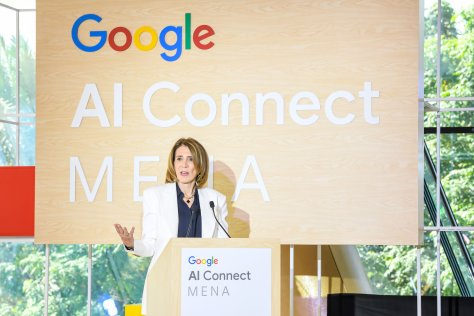 Chinese regulatory authorities have approved Google’s acquisition of Motorola Mobility, paving the way for the deal to close within the week, company officials confirmed yesterday.
Chinese regulatory authorities have approved Google’s acquisition of Motorola Mobility, paving the way for the deal to close within the week, company officials confirmed yesterday.
The companies announced last August that they had entered into an agreement for Google to acquire mobile phone and tablet maker Motorola Mobility for about US$12.5 billion.
“We are pleased that the deal has received approval in all jurisdictions,” Motorola spokeswoman Jennifer Erickson said Saturday. “We expect to close early next week.”
A Google spokeswoman confirmed the deal was approved early Saturday and that it should close within the week.
Motorola Mobility ships phones and tablets with Google’s Android operating system. The close of the deal means that Google has a hardware manufacturing arm with which it can closely work to develop Android.
Google will also have control of Motorola’s massive patent portfolio. Motorola Mobility has said that it owns or has applied for more than 24,000 patents.
The deal has already been approved by antitrust authorities in the U.S. and Europe. Chinese authorities have approved the deal on condition that Google keep Android free and available to other mobile device manufacturers for five years, according to a source close to the deal.
Other conditions include a commitment by Google to meet obligations to license patents for industry standard technology on FRAND (fair, reasonable, and non-discriminator) terms, according to the source. FRAND terms typically involve licensing obligations required by standards-setting bodies for members that get involved in the standard-setting process, and for companies whose technology is approved as part of industry standards.
The conditions set by the Chinese are similar to those involved in the approval process in Europe and the U.S., according to the source.
Motorola Mobility’s manufacturing might and vast array of patents will be crucial in Google’s battle for dominance in the smartphone and tablet market as it competes with Apple. Google will also compete with Microsoft as Microsoft promotes new versions of Windows in the tablet and smartphone market.
An open question is whether mobile device manufacturers thatcurrently use Android will see Google as a competitor, and possibly be drawn to the Microsoft camp.





